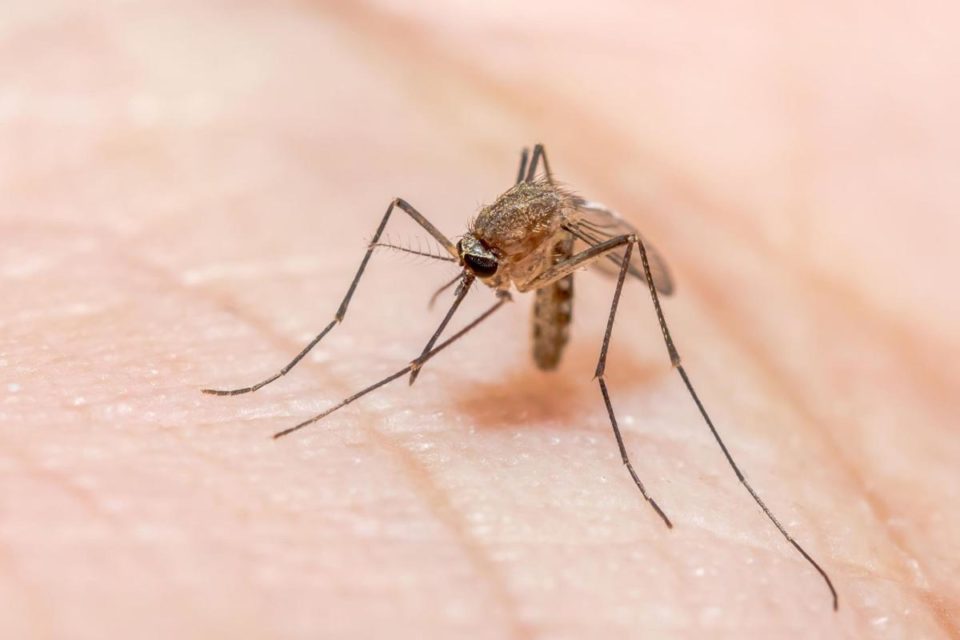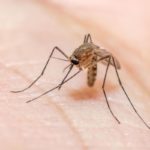West Nile Virus Infected Mosquitoes are Here!

Above-average rainfall combined with warm temperatures have contributed to high numbers of West Nile Virus-infected mosquitoes being found in our region. Infected mosquitoes have been collected throughout the City of Cheyenne and Laramie County. Therefore, The City of Cheyenne’s Weed and Pest Division asks that you take precautions to protect yourself from insect-borne diseases this summer. The recommendations below and other helpful information can be found at the Wyoming Department of Health’s website: https://health.wyo.gov/publichealth/infectious-disease-epidemiology-unit/disease/west-nile-virus/.
- DAWN & DUSK – Avoid spending time outside at dawn and dusk when possible.
- DRESS – Wear shoes, socks, long pants, and a long-sleeved shirt outdoors for long periods or when mosquitoes are most active. Clothing should be light-colored and tightly woven to keep mosquitoes away from the skin.
- DRAIN – Reduce standing water in or near your property by draining and/or removing it. Mosquitoes may lay eggs in areas with standing water.
- DEET – For additional mosquito protection, use an insect repellent containing DEET (N, N-diethyl-m-toluamide) or picaridin (KBR 3023). Other insect repellents such as oil of lemon eucalyptus and IR3535 are also registered by the U.S. Environmental Protection Agency (EPA) but may be less effective than products containing DEET. It is essential to follow the product guidelines when using insect repellent.
One of the most important things you can do to prevent the spread of mosquito-borne illnesses in your community is to remove standing water around your home or business. If removing the water is not an option, please contact Weed and Pest at (307) 637-6475, and we will be happy to help you address the problem. County residents can contact Laramie County Environmental Health at (307) 633-4090.
Weed and Pest will continue to inspect and treat known larval mosquito habitats daily. They will also continue monitoring adult mosquito populations and use ultra-low volume truck spraying as needed and as weather conditions allow.


